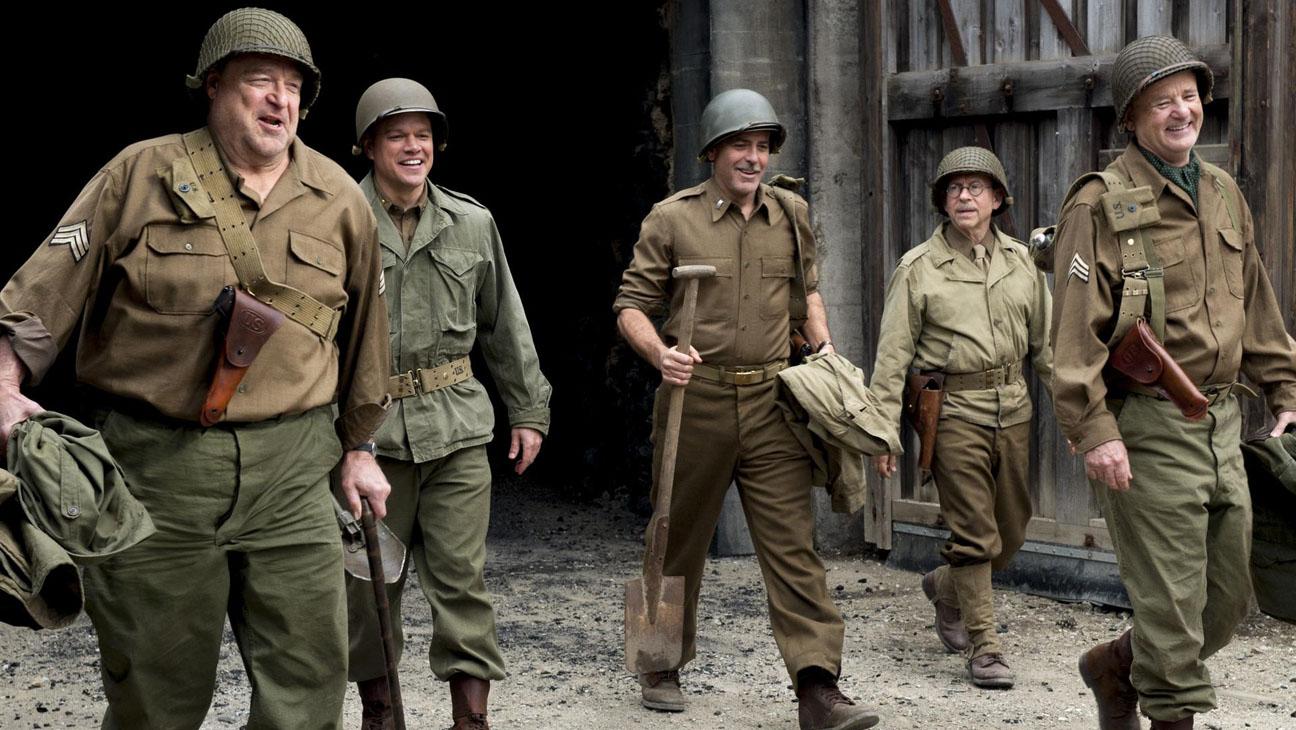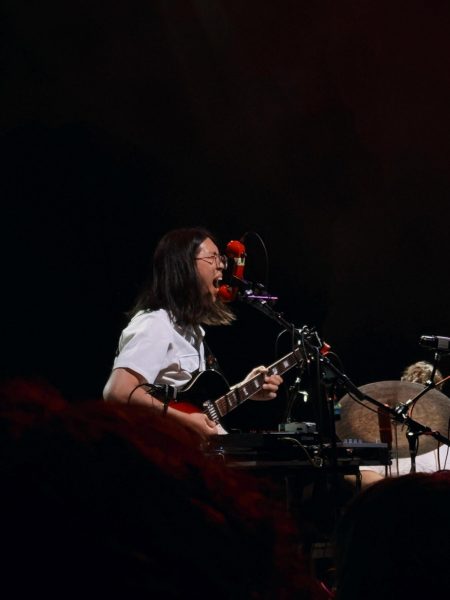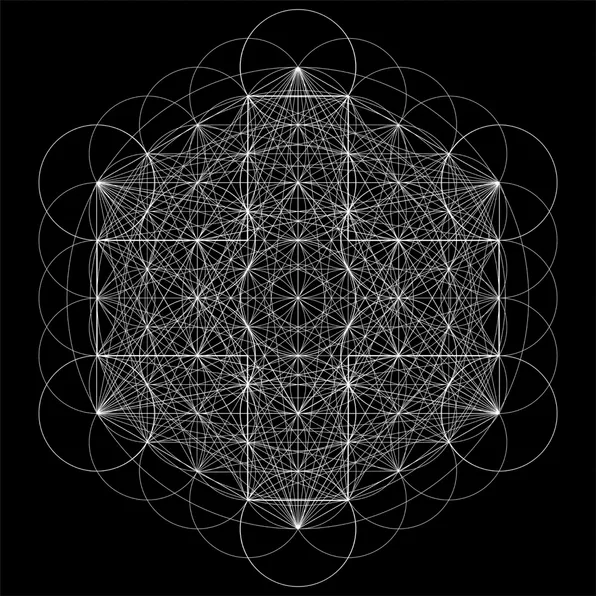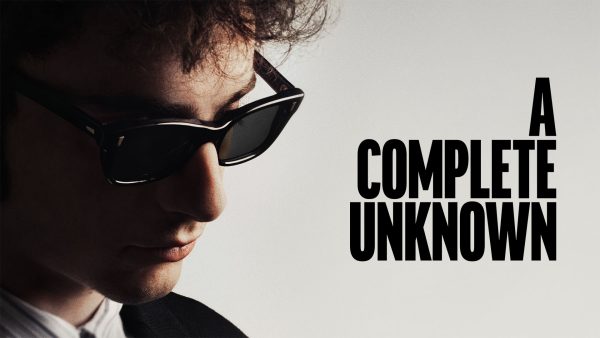“The Monuments Men” A Little Too Earnest and Sentimental To Mean Much
All of the great movie stars have some degree of ambiguity about them — in some cases a darker aspect of personality, and in others perhaps an unspoken sadness. What has made George Clooney one of the great American movie stars for nearly two decades now has been the sly sense of wit, intelligence, and even superiority that he is never afraid to tap into. And if there’s anyone that’s earned such an image of bravado and confidence, it’s him — with two Academy Awards and six further nominations for just about every role (writing, acting, producing, directing) that a figure in the film world could undertake.
His new passion project, the $70-million war film The Monuments Men, represents something of a step back on multiple fronts. For one, it’s the sort of ensemble-centric, men-on-a-mission WWII project that’s largely been dead in the water since the late ’60s, which is telling — this is a movie whose sprightly tone and bizarrely simplistic, upbeat morality feel far less like that of its maker and more like a conscious effort to evoke the past. Aside from the impressive craftmanship and constant sense of genuine movie-star charm, there’s very little of Clooney’s essence to be found here.
Loosely based on real-life, The Monuments Men finds Clooney playing Frank Stokes, a high figure in the art world that personally implores President Roosevelt to amend war strategies on the European front in order to save the most vital pieces of art and culture. A team of restorers, curators and architects is then assembled — Matt Damon, Bill Murray, Jean Dujardin, Bob Balaban and John Goodman being among their ranks — then halfheartedly given a few weeks of combat training and sent into Europe to retrieve as much artwork as they can.
The vague nature of this mission is one of the massive problems from the start — because there are very few defined stakes and parameters besides the sanctimonious “We must save culture!” sentiment, The Monuments Men never feels like a film with much momentum, and perhaps more importantly, never one with much of an arc. The script, co-written between Clooney and longtime collaborator Grant Heslov, tends to avoid significant character development in favor of immediately dropping its protagonists into action. This is not always a bad thing — films needn’t necessarily require textured characters as long as the scenarios they’re put in are compelling. Monuments Men never quite nails this either. From start to finish, it’s truthfully a bore.
This, then, brings me again to the concept of Clooney’s movie-star power. He is great because he often believes himself to be great, pushing both his characters to an area of wicked charm and his films to a level of thematic and social ambition, when properly realized. 2005’s Good Night and Good Luck remains a minor masterpiece. But The Monuments Men is too focused on evoking a bygone era of filmmaking, one whose characteristics are often incongruous with Clooney’s own strengths as a filmmaker and actor — including earnestness, sentimentality and storytelling efficiency. The film never gets to sprawl or speak out in the way its maker is so good at doing, leaving us with the least consequential thing his name has been stamped on in a while.










